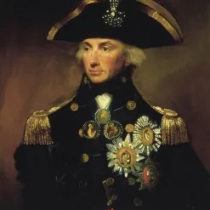 1760 - 1803
realism
1760 - 1803
realism
Description Lemuel-Francis Abbott
Lemuel-Francis Abbott, a portraitist of the 18th century, weaved his artistic narrative into the fabric of British society. Born in 1760 in Leicestershire, England, Abbott's journey unfolded against the backdrop of an era marked by social and political upheaval.
Trained in the artistic milieu of London, Abbott honed his craft and became renowned for his portraits. His subjects ranged from the aristocracy to the luminaries of the Enlightenment, capturing the essence of an age undergoing profound transformation.
Abbott's technical finesse and attention to detail were evident in his portraiture. His paintings exuded a sense of refinement, blending classical influences with a keen understanding of individual character. His ability to convey both the physical likeness and the inner essence of his sitters distinguished him among his contemporaries.
One of Abbott's notable contributions to the art world was his depiction of prominent figures of the time. His portraits of naval and military heroes, including Admiral Lord Nelson, added a layer of heroism to his oeuvre, resonating with the patriotic fervor of the late 18th century.
Despite the challenges posed by the changing political landscape, Abbott's art flourished. His clientele extended beyond the nobility, encompassing the emerging middle class eager to immortalize their status through portraiture. This democratization of art marked Abbott as a painter attuned to the shifting societal dynamics of his era.
Abbott's career reached its zenith during the late 18th and early 19th centuries. His depictions of influential figures, such as William Wilberforce and Sir Joseph Banks, reflected not only their physical presence but also the ideals and aspirations of an era on the cusp of industrial and social change.
As the 19th century unfolded, Abbott's style, while rooted in the classical tradition, adapted to the evolving tastes of the Romantic period. His portraits captured the nuances of individual expression, revealing a deep understanding of the psychological dimensions of his sitters.
Lemuel-Francis Abbott passed away in 1803, leaving behind a legacy that transcended the confines of portraiture. His art became a visual chronicle of an epoch, mirroring the faces and ideals that shaped the trajectory of British society. Abbott's ability to navigate the complexities of his time and infuse his portraits with both technical excellence and a nuanced understanding of his subjects secured his place in the annals of 18th-century British art.
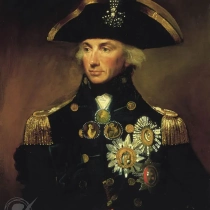

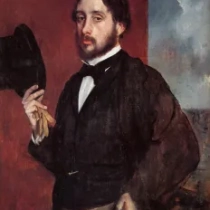
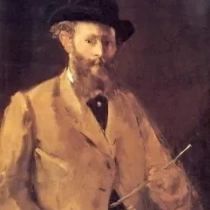

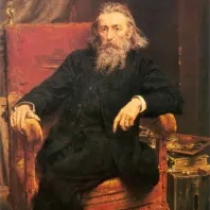
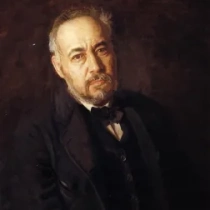
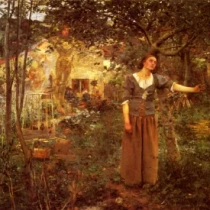

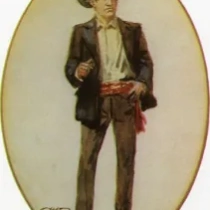




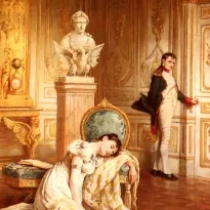
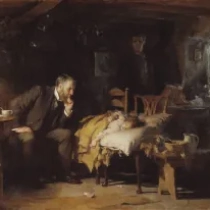

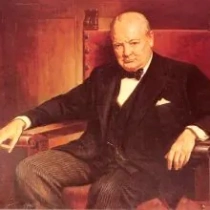

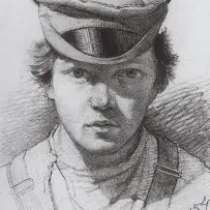

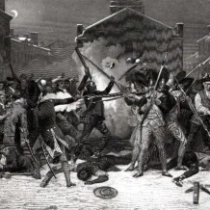
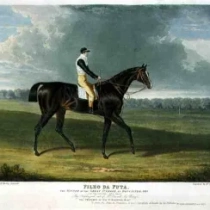
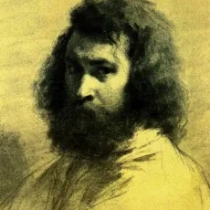
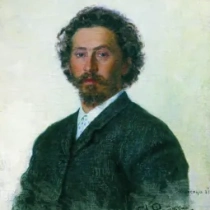
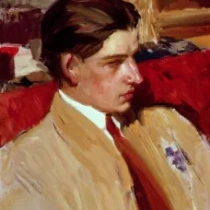
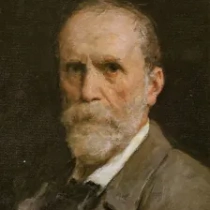
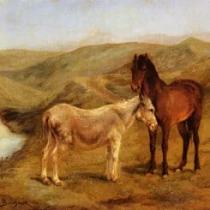

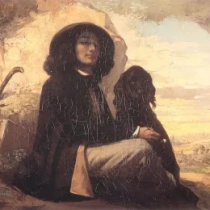

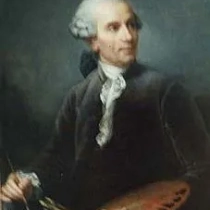
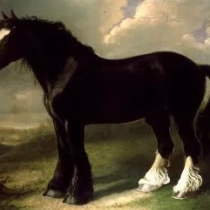

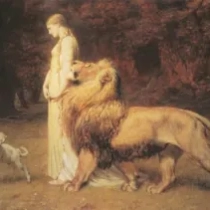

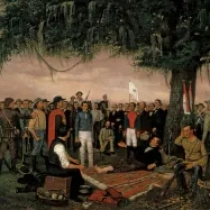
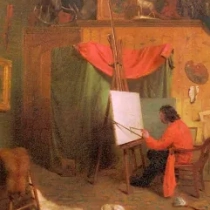
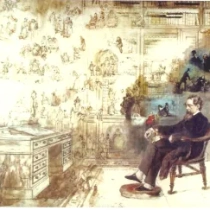
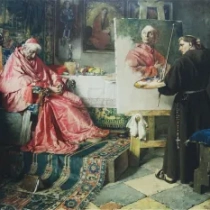
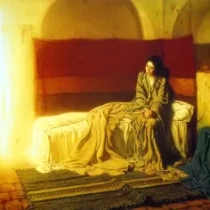
No Comments Yet...